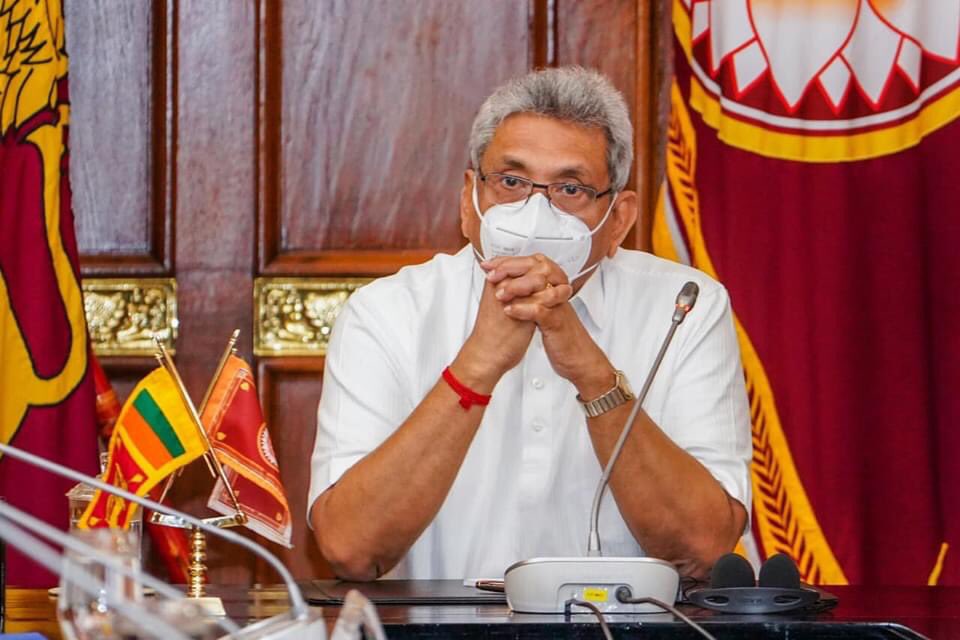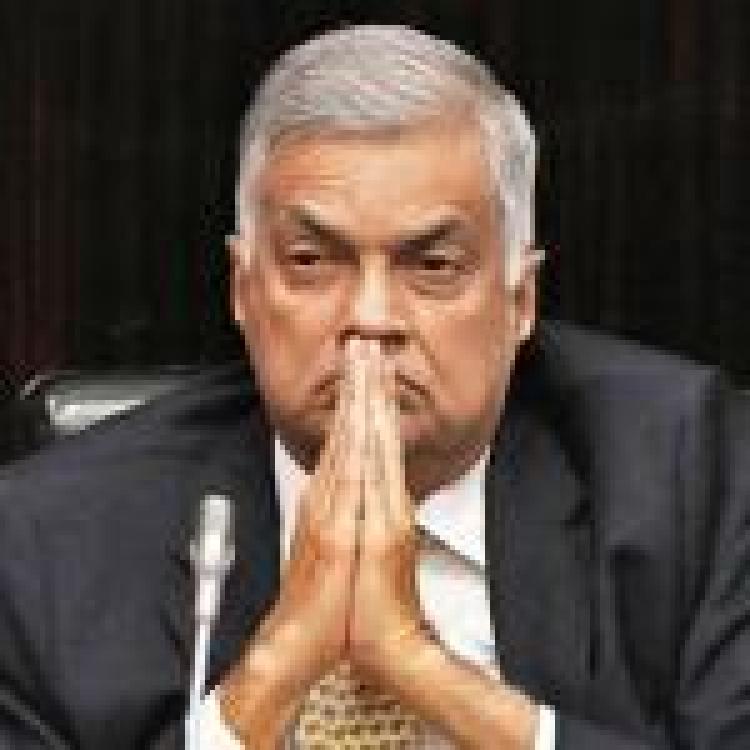
Sri Lankan President, Gotabaya Rajapaksa, appealed to the international community for economic support following the devastating impact caused by the COVID-19 virus.
This plea for international support came during a virtual ‘High – Level Event on Financing for Development in the Era of COVID – 19 and beyond’ organized by the Prime Ministers of Canada, Jamaica and the UN Secretary-General.
During this virtual conference, Rajapaksa stressed the harm that the virus has caused on “labour income, export-related income, tourism and connected services”. Without unconditional budget support and compensatory debt deferment, Rajapaksa warns, that the country will lose the confidence of private debt and equity markets.
Rajapaksa stated on the matter:
“The profiling of official debt and medium-term emergency budget support loans by each major bilateral and multilateral lenders will not only provide macroeconomic space to meet private debt obligations and relax trade and payments systems but also restore confidence among private-sector creditors to re-energies growth and investments”.
He stated that he would stress the need for development financing when speaking to Chinese President, Xi Jinping, India Prime Minister Narendra Modi and US National Security Advisor Robert O’Brien.
Gotabaya Rajapaksa has also stated that he would prioritise developing agriculture, renewable energy resources, the digital economy, rural economy, and poverty reduction. Whilst he claims that this will be achieved through improved connectivity to villages and creating “green cities”, there is considerable concern over the increasing military-held control of Sri Lanka’s economy.
The Economist has reported on military generals taking over civilian roles and being placed “in charge of customs, the port authority, development, agriculture and poverty eradication”. They further note that there is little reason to suspect that military men will “do a better job of running ports, reducing poverty or increasing crop yields” and raise concerns over accountability as “the positions filled by officers have little civilian oversight”.
Read more here: Sri Lanka’s new president is putting soldiers in charge of everything – The Economist
Read more from the Colombo Page

